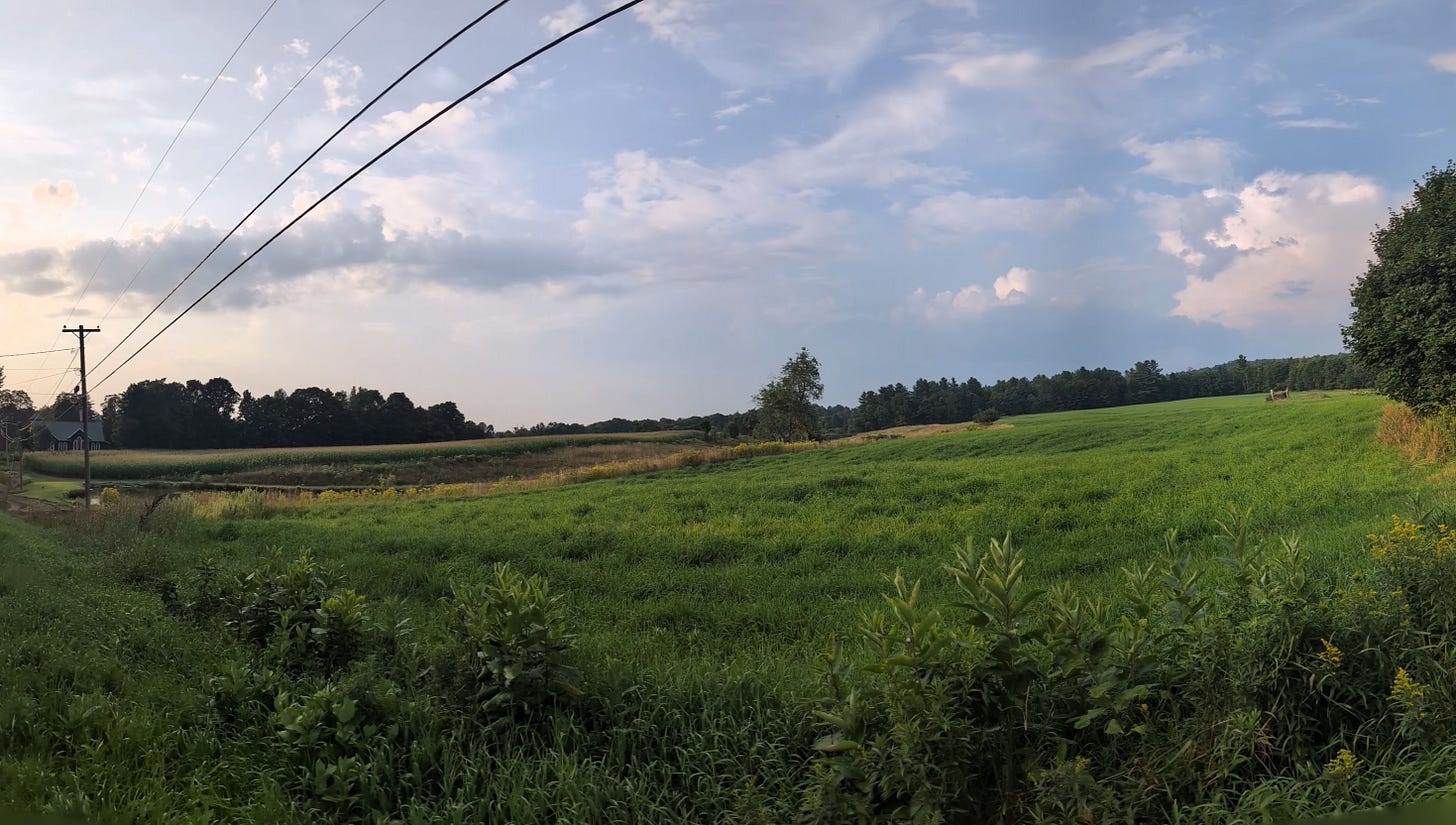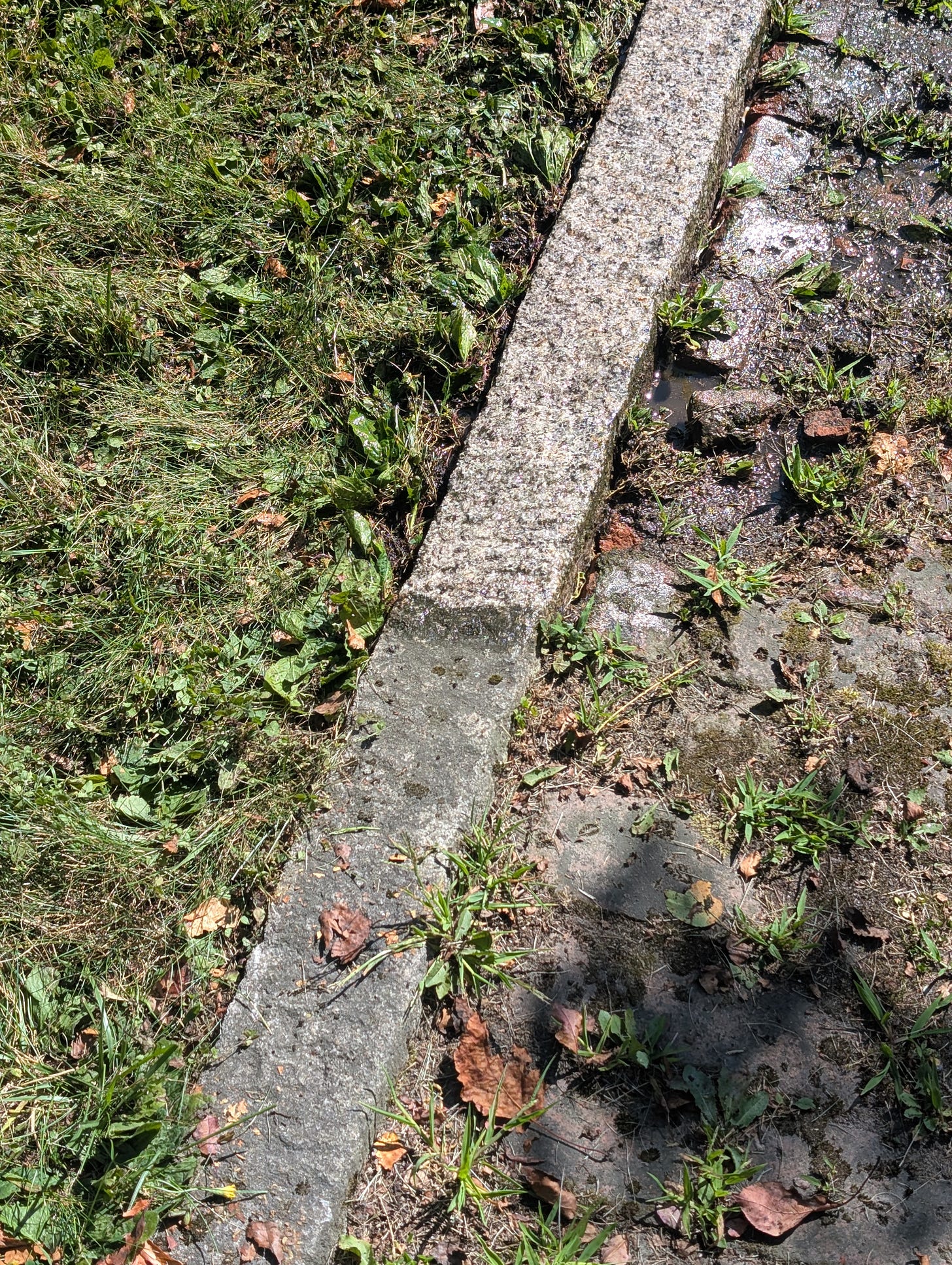Grime from the Stone
Refining fires, refining waters
Let the prophet who has a dream tell the dream, but let the one who has my word speak my word faithfully. What has straw in common with wheat? says the Lord. Is not my word like fire, says the Lord, and like a hammer that breaks a rock in pieces? See, I am against those who prophesy lying dreams, says the Lord, and who tell them and who lead my people astray by their lies and their recklessness, when I did not send them or command them, so they do not profit this people at all, says the Lord.
Jeremiah 23:28-29, 32
“I have come to cast fire upon the earth, and how I wish it were already ablaze! I have a baptism with which to be baptized, and what constraint I am under until it is completed! Do you think that I have come to bring peace to the earth? No, I tell you, but rather division! From now on five in one household will be divided, three against two and two against three; they will be divided:
father against son
and son against father,
mother against daughter
and daughter against mother,
mother-in-law against her daughter-in-law
and daughter-in-law against mother-in-law.”
He also said to the crowds, “When you see a cloud rising in the west, you immediately say, ‘It is going to rain,’ and so it happens. And when you see the south wind blowing, you say, ‘There will be scorching heat,’ and it happens. You hypocrites! You know how to interpret the appearance of earth and sky, but why do you not know how to interpret the present time?”
Luke 12:49-56
Our gospel reading this week may be a challenge for some of us because Christ is once again challenging our idea of who he is.
It feels okay when we read those fiery words of the prophet Jeremiah, because for many Christians, that makes sense, like telling ourselves, “Okay, Old Testament, that’s where God gets to be angry and use strong language, but ‘New Testament God’ is different.” “Old Testament God” gets to say things like, “Is not my word like fire, and like a hammer that breaks a rock in pieces?” (Jer 23:29) Meanwhile, we know Jesus was the Prince of Peace, and he would tell his disciples in his last days, “Peace I leave with you; my peace I give you. I do not give to you as the world gives. Do not let your hearts be troubled and do not be afraid” (John 14:27).
But now, Jesus is saying, “I have come to cast fire upon the earth, and how I wish it were already ablaze!” (Luke 12:49) Wait, isn’t that Old Testament God?
To make it worse, earlier in this same chapter in Luke, someone wants to help him divide his inheritance with his brother, and Jesus says, “I didn’t come to help you divide your things up with your family” (Luke 12:14), and now just a few verses later, he says, “Do you think that I have come to bring peace to the earth? No, I tell you, but rather division!” (Luke 12:51). In fact, specifically, family division! (12:53) We may now have sympathy for his disciples and see how they could get confused.
Setting aside the problem that there is no “Old Testament God” and “New Testament God,” but rather God is God, with a new covenant who has now lived for us and died for us and risen for us, we can also see how easily twist Jesus for our purposes. I want you to do something a little dangerous: think of someone you imagine to be twisting Christ the worst of anyone you know. Maybe someone you know, maybe an abstract figure or celebrity, but someone who makes you go, “I can’t stand how they use Christ in that way.” Okay. Now, are you prepared to realize that you might also be twisting him in your way? Are we ready to hear that Christ sometimes is here to remind us that God is God, and his ways are not our ways, and he shall not be tamed? And if so, how do we even have a hope of making sense of Jesus?
The reason we read all of Scripture, even the parts that unsettle us, is that we want to make sure we’re being well-rounded with all the sides of Jesus, including ones that challenge us. Christ is often compared to a diamond, a many, many-sided prism, with the Word of God shining through him and lighting up every possible direction, shining his light on every corner of our world and our souls. There is nothing his light cannot touch. Because a prism has so many sides, Jesus can say both “I give you peace” and “I came to bring division and not peace.” Are they contradictory? Yes, in the same way that light goes in contradictory directions in a diamond.
Likewise, prophet Jeremiah is the one who gave us that memorable image of God as the potter (Jer 18). When a potter forms clay, if he only pressed one direction would it make anything at all? Or instead, does he gently and tenderly form it in opposing directions in order to give the clay its intended shape?
We rightly love when Scripture shows us the peace and joy and mercy of God, because that is who he ultimately is, but the disquieting justice of God is also important. For it is in God’s justice that we know that the way things are in this world isn’t how they are to be. The justice of God tells us, “There are ways here which are not my ways. There are things here I don’t like. And I am in control in the long run.”
Can you see the peace in that? Imagine the opposite, looking at the state of the world and believing that God said, “Yes, this is totally fine, and I am totally happy about everything happening here”? Wouldn’t that be disturbing? Instead, what Jesus is saying is, “I am in control, and it will be hard, and people will be given the choice to pick good and will keep picking evil, including people you love. But in the end, the fire of my Spirit will prevail.”
Here’s another way to think about it. I got a free pressure washer a couple of days ago from someone posting it on our local town’s online forum. I’ve used it once and already love it. I started by cleaning off the granite underneath the front door and the path in front of my house, and it is incredible how much grime comes off. I wish I had taken more “before” and “after” photos.
In this passage, Jesus not only talks about fire, but also talks about his baptism into death; that is, he uses fire and water. If God’s fire is a refiner's fire (Malachi 3:2), so too are the waters of his baptism refining waters, and they are like a pressure washer for the wages of death in the world, a pressure washer for our sin.1
When you use a pressure washer, you don’t blast indiscriminately. You determine the right gauge and right pressure for each type of surface. Sometimes you’re gentle, and sometimes you have to move the nozzle closer, sometimes at a different angle. The goal, of course, is to not damage the brick or the stone underneath while you knock off the grime, cleansing it, so that when you step away, you see the stone as it really is; you see the stone as it was meant to be. The prophetic element of Christ is like Jesus bringing out his pressure washer and saying, “No, this is not what this is supposed to look like.” But instead of total destruction like Noah’s time, now we are all given a chance to be separated from the things that separate us from God.
A very important point with this pressure washer analogy: it can hurt or even kill you if you improperly wield it. Nor should we be aiming God’s tools to shape somebody else into our image. The pressure washer of God’s fire and his baptism is simply helping us be who we really are, who God wants us to be—not being what someone else’s idea of God says, but who we are meant to be in a way that is as undeniable as a block of granite finally clear of grime.
So when Jesus says “I have come to divide,” well, what does a pressure washer do? It separates at the molecular level; it creates division. It separates the grime from the stone. It separates what is of God from what is not of God.
Jesus confirms for us there are some things that ought not be. And this might be hard and discomforting when we are implicated in that, and as Jesus knew and experienced and tells us, not everybody’s going to like hearing that. But again, imagining the opposite scenario is even worse; imagine if God took a look at all the ways we were hurting ourselves, and he said, “Yes, that is totally fine. I don’t care if you’re hurting yourself.” It’d be like if you let the grime and moss and weeds build up at your house—and yes, we all have to pick our gardening battles, and some of you are about to be very judgy about the state of our yard—but imagine if you didn’t work on it at all. It would signal that you don’t really care. But if you have any real relationship with your home, part of you is going to say, “I want to care for this with whatever tools I can use.” So it is with God and your soul.
But we have to be very careful in encountering the prophetic Christ. As Andrew McGowan said of this passage, “Few of us ever imagine that our side of any deep schism, personal, ecclesial, or social, is the wrong one….[We should ask] not how the fire of God’s presence reveals how others have fallen short or failed to recognize their vested interests, but how we ourselves remain in further need of true reconciliation to God and one another.”
I will admit that this has been really hard for me recently. The difference between speaking to what is right and wrong and using the tools meant for God against someone is such a fine line. In my own life, I've had to address people who have been misleading people into harm’s way. I hate the feeling. Even if it keeps people safe, it leads me into pride, the devil’s details in trying to point out what’s wrong, while I know only God can be the ultimate judge. But sometimes we are called to take a stand to say what isn’t right, whether it's to prevent someone from doing harm or a whole nation from doing harm. Still, we should not aim to blast people with the strongest hose we’ve got, remembering we all fall short of God’s glory. (Rom 3:23)
If we’re honest, we know there are things in all of our lives that are like grime on our granite souls, sin we cling close to (Heb 12:1), things that keep us from being with the true cornerstone, things that keep us from being who God really made us to be. I know there are things in my own life that I need God to remove and reform me. We know there are things that we love, our idols of mind and spirit, that we cling to and worship. We know we need to be separated from them. And we know only God can truly do that job.
The end goal of Jesus is a love and a peace that surpasses all understanding. What happens when he preaches it will cause division, as people either hold onto the values of the world or the values of his kingdom. People deciding to serve truth or serve lies will inevitably break us apart. Jesus knows this.
But believe this, that Jesus loves you enough and cares enough to not leave you alone, but to bring you the fires and the waters of justice. These are the fires that say, “No, you're not crazy. This isn't as it should be.” These are the fires that declare, “I am the Lord your God, and trust me, I love you enough to make it right.”
Baptism is, of course, more than this, and we Presbyterians usually opt for a few sprinkles rather than a hose for good reason!






